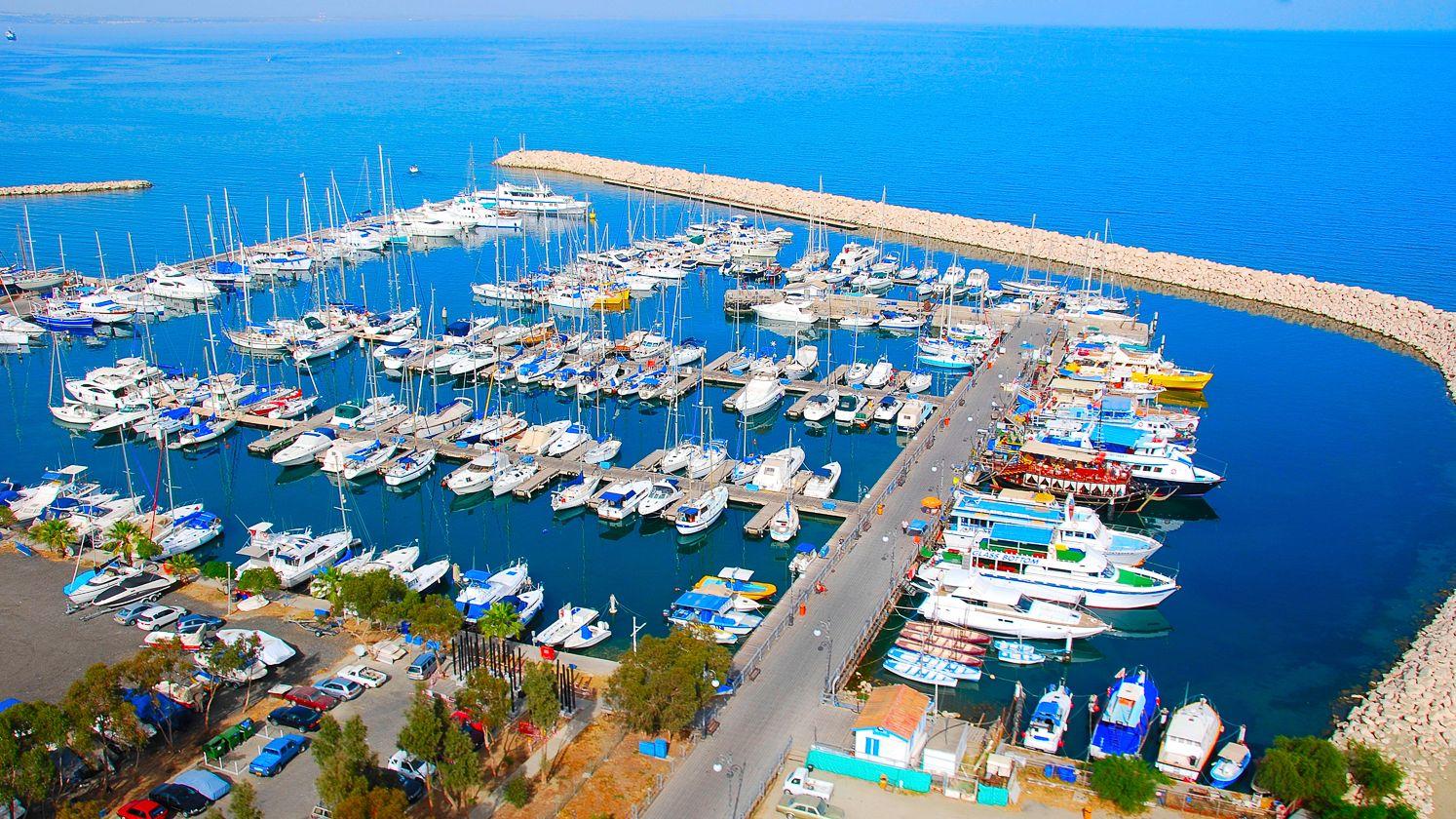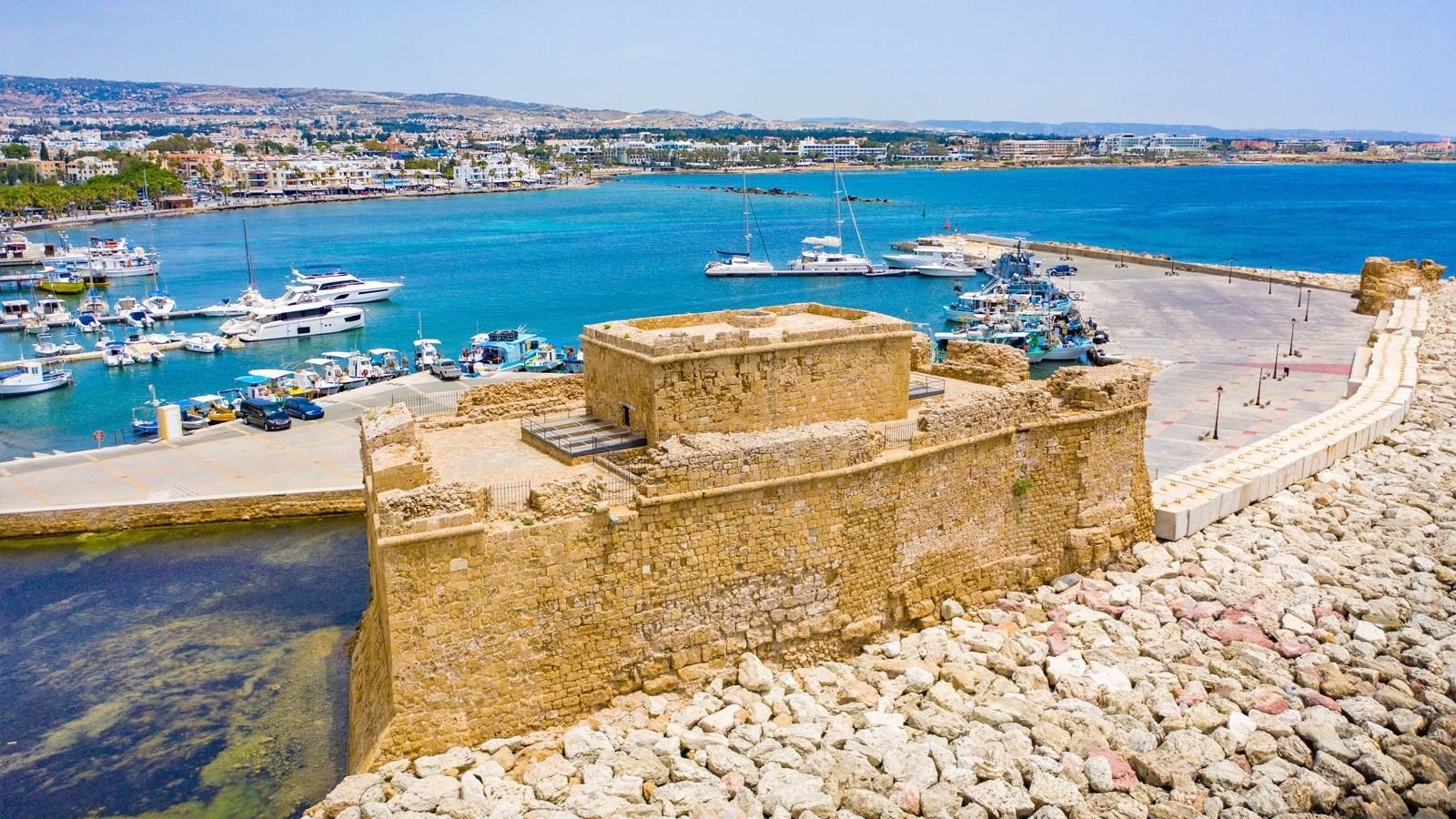Project Description
Many tourists and travellers say that cars in the Republic of Cyprus is a necessity, not a luxury. And they are absolutely right. All Cyprians, without exception, use cars.
Many tourists prefer travelling by car, and car hire is the perfect solution when your vacation is short and you want to see as much as possible but the public transport will not take you to all destinations of your choice. That is why car rental is well developed in Cyprus, and you can hire any vehicle on the island, from a compact car to a luxury convertible.
Since the Republic’s land area is small, one or two weeks of vacation with a car can be enough to explore it all.
Experienced tourists recommend pre-booking a hire car in Cyprus online because it can be challenging to find a suitable vehicle at local rental counters in high season.
Car rental in Cyprus gives you the ultimate driving experience. You’ll love the roads. Road surface and marking are perfect, and most traffic signs are in both Grek and English. Automobile traffic is disciplined. You can only be slightly bothered by the bikers who often speed and do not follow the rules. In all other respects, car hire in Cyprus is a wonderful experience.
The average cost of a one-day car rental. The number is calculated based on the bookings of the previous three years. It takes into account the rental of cars across all classes.
- Driver’s license
- ID or passport
- Bank card
When booking a rental car in Cyprus, it would be a good idea to choose a vehicle with air conditioning (AC) system. The climate is hot on the island, especially in July and August.
The occupancy rate of the car rental fleets by month. For example, most cars are being rented in August, which means that this month has the smallest amount of available vehicles. The higher the percentage of the car fleet workload, the earlier it is worth booking a car to choosing the best option at the best price.
Car rental in Cyprus also means visiting fuel station. When you pick up your rental vehicle, the rental agent will tell you the required fuel type and how to refuel your car. Most fuel stations on the island are automated. Fuel prices are nearly the same at different filling stations, so there’s no point in looking for “cheap car fuel” in Cyprus.
- Working hours of petrol station staff
- How to fill up by yourself using a terminal
- Why you are charged more than the fuel cost.
Fuel prices
- Unleaded 95 — €1.33
- Super Unleaded 98 — €1.40
- Euro Diesel — €1.39
Fuel prices are the same at all filling stations, so there’s no point in looking for a cheaper petrol station.
How to fill up your car in Cyprus
How to fill up at an unattended fuel station
- Pull up to the necessary pump and switch off the engine.
- Come to the payment terminal.
- Insert banknotes or a card into the slot as shown in the label on the terminal and enter your PIN.
- Enter the amount if you pay by card (remember that the system will place a temporary hold on €60 in your account).
- Use the pump number buttons on the left to select your pump.
- When the button starts flashing, take your receipt and return to the pump.
- Insert the filler nozzle into the fuel tank and pull the trigger.
- Remember to put the nozzle back in the holder after filling up.
We are not writing it for fun. In Cyprus, the filler nozzles are even equipped with special protection “against absent-minded drivers”. If you try to drive away from the filling station with the nozzle still in your car, the hose will disconnect without damaging the equipment. All you need to do is to put the nozzle back in the holder.
What to do with the excess fuel
Filling station services in Cyprus
Car rental always means worrying about parking. However, you will like car parking in Cyprus because it is cheaper than in other European states (around half a euro per hour). Like in any other country in the world, parking is more expensive in the downtowns of cities than in the suburbs.
From Saturday noon till Monday morning and on public holidays, you can you all parking facilities for free (please see information near or under the “P” sign).
Almost every church offers free parking lots to its visitors.
Free parking
Paid parking
Illegal parking in Cyprus
- “Wrong-way” parking. You must park in the direction of traffic. Violation of this rule will attract a hefty fine of €100.
- On-street parking where the road is marked with a double yellow line along the curb.
- You can stop for a short period near a single yellow line to load or discharge your passengers.
Parking fines
- Visit the police department to pay the fine
- Pay the fine at the Town Hall
- Pay the fine online on the website of Road Transport Department (there’s an English version of the site).
If you fail to do so, the “case” will be brought to trial, and the penalty will be doubled.
Left-hand traffic in Cyprus is the key feature to be taken into account when you rent a car in Cyprus. Please bear it in mind when choosing a vehicle — automatic transmission may be more convenient. The remaining rules are practically the same as everywhere in Europe. Rental cars have red number plates in Cyprus, so local drivers will see you from far away and take your lack of experience into account.
Car hire in Cyprus will not challenge your skills, but will instead be a pleasant bonus to your trip.
Traffic regulations
- The speed limit is 50 km/h in urban areas and 80 km/h outside built-up areas
- Driver and passengers must wear seat belts
- Kids smaller than 150cm must travel in a proper child restraint. Driving offences can be punished with a fine of €150
- Driver must not eat or drink while operating a vehicle
- Blood alcohol concentration limit is 0,21 permille.
Driving in Cyprus
There are no road signs regulating traffic directions in Cyprus, road marking does the job. It is highly visible and clear, be sure to keep an eye on it! If an additional lane appears unexpectedly before the traffic lights, you will be able to use it only to turn right or left. So, if you need to go the other way, you should not change to the outer lane.If the traffic lights arrow goes out, leaving only a green light
Give way to oncoming traffic and turn.Roundabouts
Driving in roundabouts is not often regulated by road signs, so the vehicles that are already within the roundabout have the right of way. Use your right turn signal when entering a roundabout. When you exit the roundabout, make sure to use your left turn signal.
Fines
- 30% above the limit is €2 per km/h
- 50% above the limit is €3 per km/h
- 75% above the limit is €5 per km/h
- If you exceed the speed limit by more than 75%, the fine amount will be determined by the court.
There are no highway traffic regulation posts in Cyprus, no speed cameras in some districts (e.g. Paphos District), but you can encounter police radars from time to time.
Non-use of seat belts will cost you €150.
The fine for using your phone without a hands-free system while driving is €150.
Operating a vehicle under the influence will result at least in a fine of €200 if the blood alcohol content level is over 1.19 permille. If the driver is not “slightly” intoxicated but totally blind drunk, the fine amount will be determined by the court, and it will be a lot of money even for a rich guy.
The police do not often perform roadside breath tests in the daytime but their vigilance increases after 10pm.
The Cyprus Police can let you go without punishment for:
- Wrong-way driving, especially if the vehicle has “red” license plates. No accident, no problem. The police understand that guests might need time to adjust to the local traffic.
- Driving without documents. Many Cypriot drivers do it. All license plate numbers are in an electronic database, and the theft rate is meager in Cyprus, so chances are you will never be asked to show your documents. But that does not mean that you should not have them with you.
How to pay the fine
- At the Town Hall
- At the police department
- On the website of the Road Transport Department.
Car accidents
- Contact your rental company
- Take pictures of the scene: licence plate numbers of the vehicles, damages, braking distance. If you have video evidence from a dashboard camera, save it
- Take phone numbers of witnesses
- Contact the police
- Call your insurance company (you’ll find the phone number in your insurance policy).
You can buy a local SIM-card at any shopping centre, filling station or mobile carrier’s office. The mobile service is not expensive, but do not opt for the cheapest SIM-cards. Because you’ll pay extra money for services.
Popular places around Cyprus

Larnaca – Travel Guide Flights & Hotel Deals
All what you need to know about getting to Larnaca Cyprus, find the best #flight_tickets & #hotel_deals available from 900+ travel sites.

Paphos – Travel Guide Flights & Hotel Deals
Discover the best things to do in #Paphos #Cyprus. Read reviews about top tours and attractions in Paphos. All what you need to know about getting to your next perfect trip with #Gretopia. Find deals on #flight_tickets, #hotels, #car_rentals and more..
































